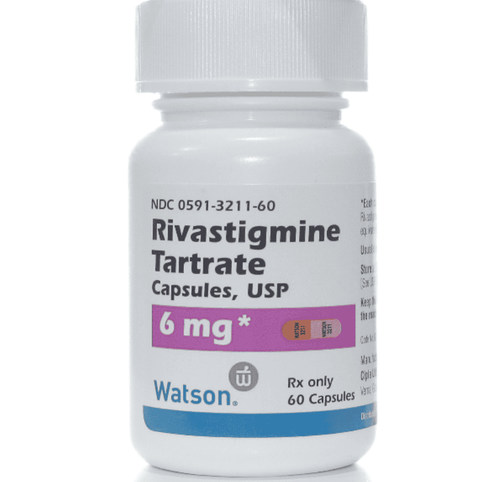This is an automatically translated article.
Psychomotor retardation is a slowing or impediment of a person's mental or physical activities, typically characterized by slow thinking or slow body movements. What causes and diagnoses this disease?
1. What is psychomotor retardation?
The term "psychomotor" refers to physical activities that are the result of mental activity. When a person has a psychomotor retardation that results in their mental and physical functions slowing down, your thought processes and body movements can be affected. Also, so are your eye movements and facial expressions.
Psychomotor retardation was discovered over a century ago with several potential causes being identified since then. Clinicians also have a variety of methods for diagnosing a condition. However, so far the disease is still being studied further to understand how it works.
2. What are the causes of psychomotor retardation?
Motor retardation is a symptom of depression. While research into the causes of mental retardation is underway, factors that can cause this condition include:
Biological causes: Changes in the way the basal ganglia of the brain work brain can cause psychomotor retardation. Neuroimaging studies show a link between psychomotor retardation and reduced blood flow in certain parts of the brain, such as lateral prefrontal cortex, left prefrontal cortex, angle gyrus and anterior cerebral cortex. Neurological causes: Association between psychological changes and faulty dopaminergic neurotransmission in patients with depression or melancholic MDD. Neurotransmission is the process by which certain cells in your brain transmit messages to each other. In major depression, symptoms can often be more severe than those seen in other types of depression. Other research has shown a link between psychomotor retardation and overactivity of the hypothalamic-pituitary-adrenal (HPA) axis, or the communication routes between the hypothalamus, pituitary, and adrenal glands. yours. The HPA axis produces cortisol which is the hormone your body secretes in response to stress. Aging Process: Psychomotor retardation can sometimes be caused by the aging process, which slows down some mental and mental functioning. But with psychomotor retardation, the slowdown can be more severe. Other medical conditions: Symptoms of psychomotor retardation may be more obvious if you have other medical conditions such as diabetes or premenstrual syndrome (PME). Bipolar depression can also make you more likely to develop symptoms of psychomotor delay.
Watch now: Test Denver assesses psychomotor development
3. Diagnosis of psychomotor retardation
Clinicians will diagnose psychomotor retardation by carefully examining the patient's speech patterns, facial expressions, eye movements, posture, and body movements for signs of motor delay mentality. Special tools, tests, and rating scales are often used to measure symptoms.
Symptoms of speech retardation can manifest as longer distances between words and sentences or a decrease in your speaking volume, for example. If you have psychomotor retardation, you may also have fewer facial expressions.
In addition, the doctor will also consider the patient's posture. A person with psychomotor retardation tends to lean forward.
Your doctor will watch for increased self-touching behaviors, especially around your face, which is a symptom associated with psychomotor retardation. They will also look for slow movements of your legs, arms, head, and torso. Symptoms of psychomotor retardation are usually diagnosed by the clinician in the morning.
4. Treatment of psychomotor retardation
Medication is often the first choice for treating psychomotor retardation. Approximately 50% of patients improve with medication. Your doctor may start treatment with a selective Serotonin reuptake inhibitor. Alternatively, atypical antidepressants, TCAs (tricyclic antidepressants), or MAOIs (monoamine oxidase inhibitors) may also be considered later in treatment.
Electroconvulsive therapy (ECT) is another treatment option in some cases. During ECT, small electrical currents are delivered to the brain under general anesthesia. ECT may be an option if the patient is unresponsive to antidepressants or shows signs of psychosis or is suicidal.
In psychosis, a person loses touch with reality due to the way their brain processes information. ECT is also an option if a person has catatonia, a group of symptoms in which a person may stop moving and speaking.
Another type of treatment called repetitive transcranial magnetic stimulation (rTMS) has been approved by the FDA for the treatment of major depressive disorder. With rTMS, magnetic pulses are sent repeatedly to nerve cells in the brain. There haven't been many studies on rTMS, but the treatment has helped reduce the severity of symptoms of mental retardation in some cases.
Please dial HOTLINE for more information or register for an appointment HERE. Download MyVinmec app to make appointments faster and to manage your bookings easily.
Reference source: webmd.com













